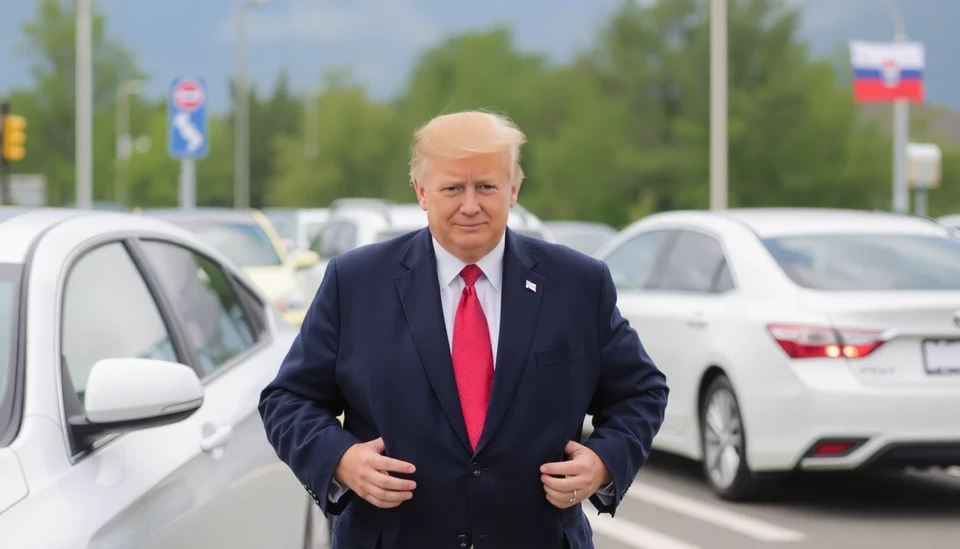
The recent announcement regarding tariffs imposed by former President Donald Trump has sent shockwaves through Slovakia's auto-reliant economy. As one of Europe’s key automotive hubs, Slovakia relies heavily on the automotive industry, employing a significant portion of its workforce and driving its economic output. Trump's new tariffs will likely complicate trade relationships and disrupt the delicate balance of Slovakia’s economic stability.
With the implementation of these tariffs, manufacturers in Slovakia are facing potentially higher costs for imported parts and materials, which are crucial for the production of vehicles. The auto industry not only provides thousands of jobs within Slovakia but also boosts exports, making the country particularly vulnerable to fluctuations in international trade policies. Analysts warn that these tariffs could lead to increased prices for consumers and reduced competitiveness in the global market.
Slovakia, home to major automotive brands including Volkswagen, Kia, and Peugeot, has experienced rapid economic growth fueled by its automotive sector. However, the introduction of these tariffs threatens to undermine this progress. The government is left grappling with potential consequences as domestic producers struggle to adapt to the newly imposed costs while trying to maintain their market share.
Furthermore, the effects of these tariffs are expected to ripple through the economy, impacting not only car manufacturers but also suppliers, logistics companies, and the broader workforce. Many experts fear that rising costs could lead to layoffs and a slowdown in hiring, which would have a significant effect on local communities that heavily depend on the automotive industry for their livelihood.
In anticipation of the tariffs, Slovak officials are actively exploring alternative options to mitigate the impacts. Engaging in diplomatic discussions with the U.S. administration may be one avenue to potentially negotiate exemptions or reductions in tariffs for key products. However, the uncertainty surrounding these policies has left many in the industry on edge, unsure of how to plan for the future.
The economic landscape of Slovakia faces unprecedented challenges as it navigates through this turbulent period. Stakeholders across the country are closely monitoring the situation, hoping for a swift resolution that would safeguard jobs and maintain the nation’s economic well-being.
As the situation develops, the consequences of Trump’s tariffs could serve as a stark reminder of the interconnected nature of global trade and how policy changes in one nation can significantly impact economies far beyond its borders.
Stay tuned for further updates as the unfolding economic developments continue to reshape the landscape in Slovakia and the broader European automotive market.
#TrumpTariffs #Slovakia #AutoIndustry #GlobalTrade #EconomicImpact #AutomotiveEconomy #TradePolicy #EuropeanEconomy
Author: Daniel Foster




